

Dr. Joe Lalas: The Visiting Professor
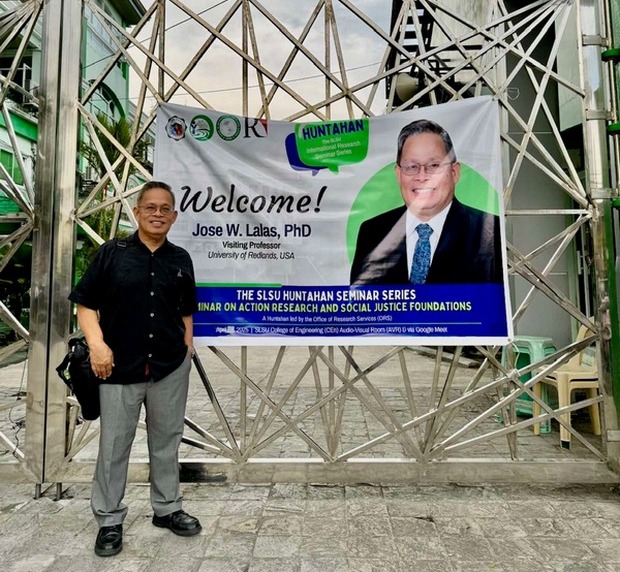
Brod Joe, UPD'69C
A letter to all my Beta Sigma Brothers.
This
is a chronicle of my trip to the Philippines where I spent one-semester of
academic sabbatical leave during the Spring of 2025. That’s my intention but
writing is such a recursive process that it took a little sociocultural detour
somehow which I think is more interesting than just a series of dates and
activities. Here in this letter, I share my observations and experiences in the
field of education in particular, and more broadly, about my glimpse of the
social, cultural, some economic, and even, the political conditions there, not
about partisan politics and political corruption but more on how I affirm or
contest the current national narratives as I view them from my own personal
values and principles. Most of you may, may have observed it, or may not know
it, that I wear a critical set of lenses when I view the world and when I
interact with people around me in various situations. Admitting it with
humility, I have a critical mind and I use critical pedagogy in my teaching and
professional development engagements. When Brod Randy Malayao, a peace
negotiator, activist, and a public intellectual was murdered inside the bus on
his way to his hometown, I honored him by memorializing him in the introduction
of my book chapter on Criticality Across Topics: Making Classrooms as Democratic
Spaces for Teachers as Cultural Workers (Martial Conversations in the
Philippines (from Lalas & Strikwerda, 2021, Minding the Marginalized
Students Through Inclusion, Justice, and Hope: Daring to Transform Educational
Inequities).
Please hear me out as I make this point to all of us
young-at-hearts and senior citizens in my letter. There’s so much each of us can
contribute, even for a little bit, to improve the lives of people, young
professionals, young students, and children including the traditionally
marginalized people in our country. Contributions not just in terms of money and
resources but our experiences that give us or have given us the expertise at
certain fields. I learned about this very quickly! That even though I am a very
retireable person in my age of 74, I can still give back to our country the
knowledge and expertise I gained in the United States through my own hard
struggle with sweat, tears, and sacrifices here when I started. Forever Young,
Brothers. We just need to set a mission that we can do realistically, either
individually or in groups!
Starting my adventure in the Philippines was a
surprise dinner at Aristocrat with my high school friends just immediately after
getting out of the Manila airport. Then, we had coffee and dessert at the
historic Manila Hotel built in 1912.
For this sabbatical, I promised
myself to listen more, re-learn, re-connect, and enjoy the experience. However,
this mindset did not happen. I was to spend my whole sabbatical at Southern
Luzon State University, located in Lucban, Quezon. I chose it because it’s my
wife Linda’s hometown. But first I got invited in UP Diliman College of
Education to do one afternoon session as a guest speaker to talk about Critical
Race Theory (CRT), the focus of my book that was published in 2024. It is a
controversial topic and I would say that with the U.S. stance on DEI (diversity,
equity, and inclusion), it is banned here. But we’re in UP Diliman, the hotbed
of progressive ideas! It was a full-house/theater lecture on CRT with emphasis
on its historical context, educational principles, and use of critical thinking
in understanding the true useful meaningful application of DEI (diversity,
equity, and inclusion) and social justice in K-16 inclusive education. The
question and answer portion was alive with many questions raised and addressed.
Thank you UP College of Education.
A few weeks after that, I commuted
back to UP Diliman from Lucban to do a presentation on Critical Literacy in the
Content Area on March 18 and on March 19, I was invited as a keynote speaker in
the University of Santo Tomas to present my research on Critical Hope as a
Vehicle for Equity.
Brods, you noticed that from my book chapter
memorializing Brod Randy, there’s always the term “critical.” From my UP and UST
presentations, invitations for me to be a keynote speaker or featured speaker
started coming in. I was featured speaker at Sorsogon State University and
University of Southern Mindanao and keynote speaker at Visayas State University.
Aside from a critical point of view in teaching, I love sharing my work that has
emphasized how social-educational justice drives the curriculum and instruction
for ALL learners, regardless of their race, gender, ethnicity, religion,
language, ability/disability, sexual orientation, social class, and citizenship
status. The university professors, classroom teachers and administrators enjoyed
it when as part of the seminar-workshop, I guided them in doing group
demonstration on how an uncomplicated story can be used as a way of teaching
complicated notion such as social justice through forming images based on
prior experiences, literal and inferential comprehension, and enhancing
engagement through sense of belonging, autonomy, and competence.
In
particular, I had an amazing lecture-workshop event at the University of
Southern Mindanao! The enthusiasm of the audience was contagious and inspiring.
I also got blessed with more friends who are committed to diversity, equity,
inclusion, and justice. I enjoyed the loving company and friendship of
individuals who speak and belong to Tiboli, Maguindanao, Tausug, Iranon, Obo
Manobo, and many other individuals who speak Ilocano, Hiligaynon, Visaya,
Tagalog, Cebuano, and many others.
In my Sabbatical - Southern Luzon State
University
I did a variety of sessions here as featured speaker and most
of the time the keynote. I did some 6 – 7 big events for its faculty, mostly on
research involving social justice and literacy development for children. I was
very happy here contributing whatever I can to engage and inspire graduate
students, faculty, and teachers to be confident in doing action research to
benefit student learning. I also explored the “science of reading” and the
history of pendulum swing in teaching reading. I shared with the faculty the
different types of literacy pedagogies such the didactic, authentic, functional,
and critical literacy way of teaching reading.
It was in the news in the
Philippines that 18 million and more of high school graduates cannot read or do
not have functional literacy. I covered this topic with the SLSU faculty. That
teaching phonics is essential, but so is reading comprehension! In Philippine
context, I emphasized that FUNCTIONAL LITERACY among students will be better
facilitated by employing both approaches including reading-writing connection,
motivation, engagement, and awareness of the students’ social, cultural,
economic, and ability/disability backgrounds and other categories of difference.
As one of my ways of thanking SLSU, I offered the services of my UP friends and
colleagues - Dr. Dina Ocampo, former undersecretary of education and two of my
former students who are now UP education professors, Dr. Maita Salvador and Dr.
Grace Reoperez.
Other Beautiful Experiences; Some Sad But Hopeful
I was there as a bystander witnessing the election at one local precinct last
May 2025. People poured in to vote and practice their democratic rights -
wishing, wishing, just wishing and praying the best they can for a better
tomorrow. I saw weak elderly voters held by families to be able to walk or on
wheelchairs. I saw voters in long lines in their casual home shirts or plain
home dresses wearing slippers and ordinary footwears fighting the big crowds for
a space to walk and cast their votes. Democracy in action. Hope!!!! I wished
quietly that Filipinos will vote for candidates who are strong EDUCATION
advocates. Specifically, those who understand who our diverse Filipino learners
really are, how to recognize their needs, how to value them regardless of their
social, economic, and cultural backgrounds and identities, how to motivate them,
and how to engage them to become critical thinkers.
In Lucban, I walked
everyday early in the morning. Although I speak the language, born and raised as
a Tagalog speaker, being away as a resident of the Philippines for over 50 years
can be quite a challenge because the “cultural capital” has changed - norms,
tricycle as mode of transportation, overcrowding, booming restaurants and local
eateries, styles of casual attires, coffee shops, and this particular town has
transformed into metropolitan-like center with a huge State University with over
10,000 students! I love the afternoon and early evening walks and “people
watching” because of the cool weather. It’s different and exciting!
In
Rosario, Cavite, when I commuted to this town where I was born and raised, the
changes were overwhelming. While riding the commuter bus, I saw poverty as shown
by families in squatter areas with homes situated in the dirty water.
Regardless, as I viewed the bay couldn’t help but admire it and thought to
myself that while I saw many changes, its natural beauty and splendor are still
evident. While I was enjoying my stay in the Philippines very much, I felt
homesick at times on my bus ride as I miss all my connections and relationships
in my sunny California community.
One Sunday morning, I choked up and
cried silently on my walk home. After nearly 50 years of not walking the
neighborhood where I was born and raised, I witnessed amazingly
overwhelming changes, very difficult and even, emotional for me to describe!
Chatted with a couple of older folks who I still recognized by really trying
hard and both thought I was one of my older brothers and named/called me with my
brother’s name. But I’m glad also that I was able to establish some surprising
friendship with a tricycle driver and two 2nd and 3rd graders. Lito, the
tricycle driver, 64 years old, of a very, very old unmotorized pedicab. I gave
him my cold bottle of mineral water and a handful of my coins that I didn’t
bother to count (at least 50 - 60 pesos). Willingly he gladly gave me permission
to take a picture of him and we did a selfie as well. Then, I met these two
boys: Jerwin (a third grader) and JR (a second grader). Jerwin sells
peche-peche, a dessert, after school and asks for loose change while opening the
door of McDonald restaurant. He said his classmates know that he begs for money.
On the other hand, JR doesn’t go to school anymore. He said his teacher dropped
him from the list because of bad attitude and absences. A second grader
drop-out?? Admittedly, he said he steals food at a local grocery store with an
older boy named James. After talking to them and giving them some advice, I
treated them with a chicken McDonald burger meal! JR said he’s full after eating
5 peche-peche that I offered him earlier. But still Jerwin shared his chicken
burger with JR and also saved a piece for her sister at home. I cried silently
on my walk home. The house where I grew up is colored yellow and the Lalas
family and oldest brother own the apartment in pink in the same Lalas family
compound. I miss this place so much.
To conclude my Brothers, when we do
re-immersion, we will be seeing two worlds from a dual set of lenses! Regardless
of where you live, a powerful reminder of how beautiful this diverse world is
and how beautiful our country the Philippines is. No culture is better than
another or no country, however militarily equipped and economically affluent,
one country must not subordinate and have control over other nations. We are
sharing this world and let’s all be thankful. We may be aging but it’s never too
late to be productive and do something good to make this world a better place.
Many changes are happening around us in the U.S. I’m sure we still have some
strength remaining, physically and mentally, to commit to social justice and
anti-subordination stance just like how we walked as Betan Giants in Diliman and
other UP campuses.
Sincerely,
Joe Lalas 69C
*Click: Joe Lalas Bio Data for Beta Sigma
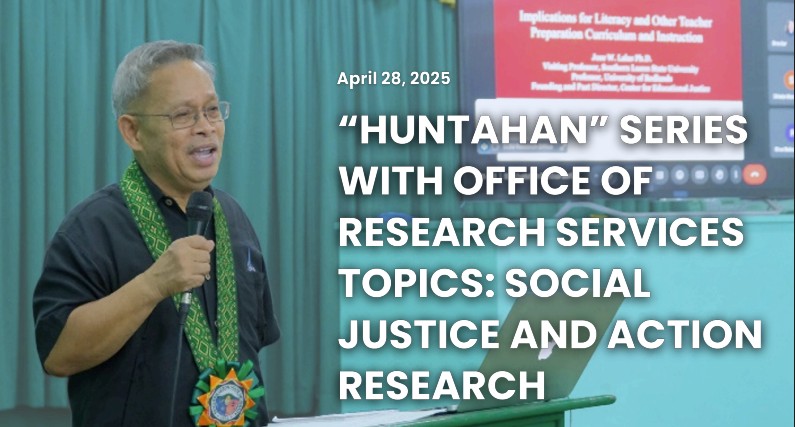
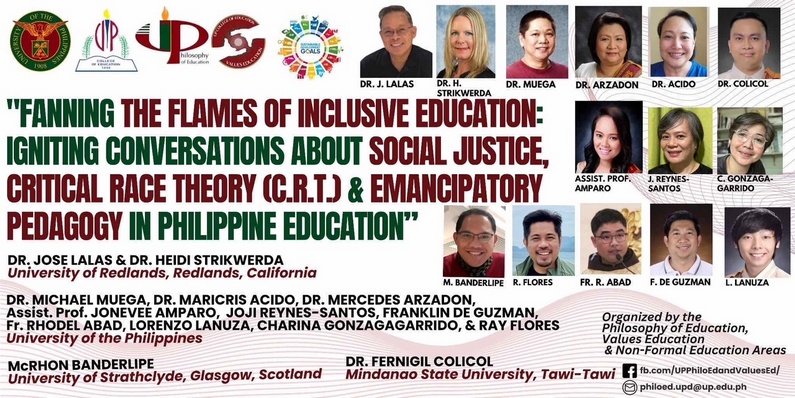
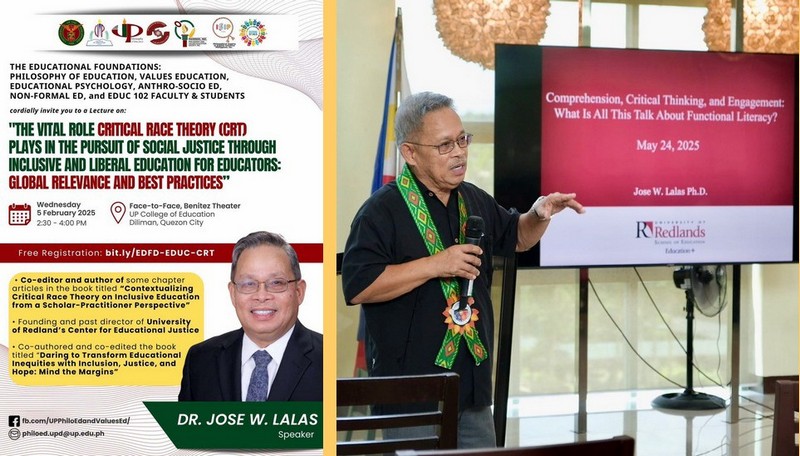
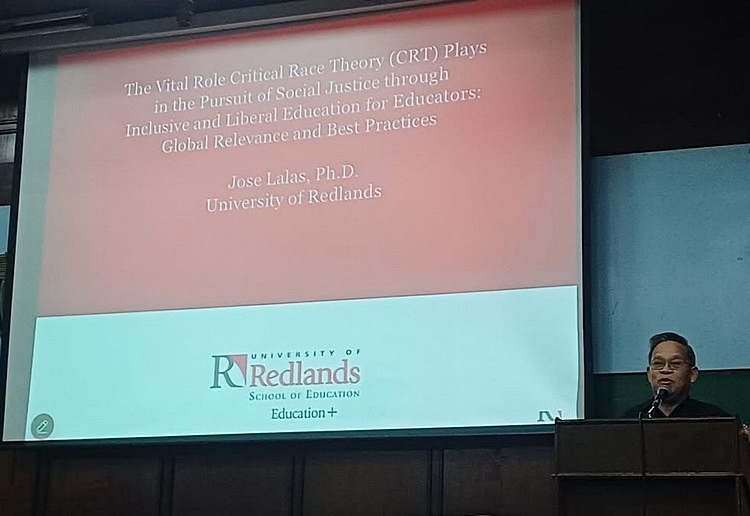
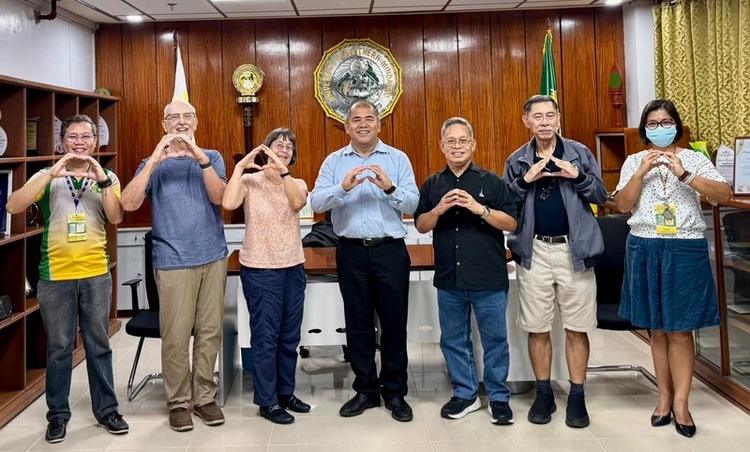
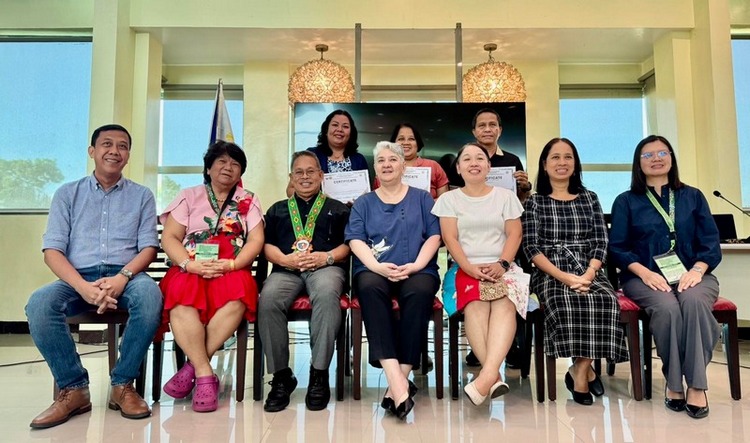
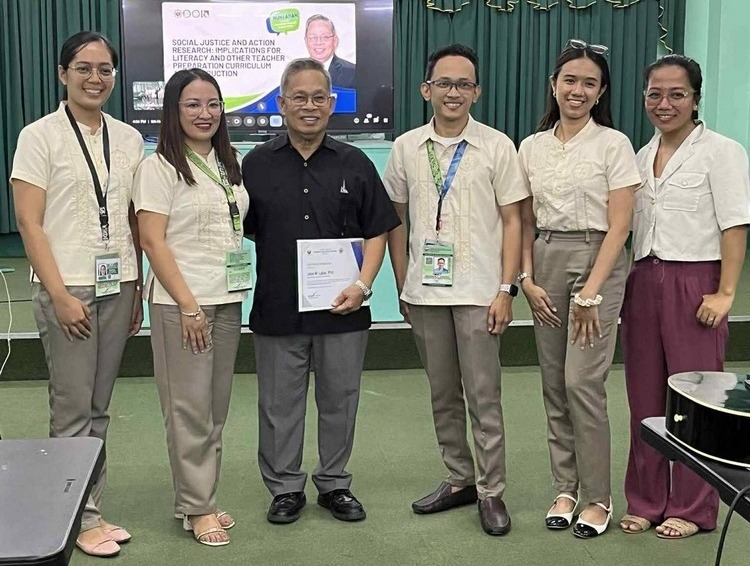
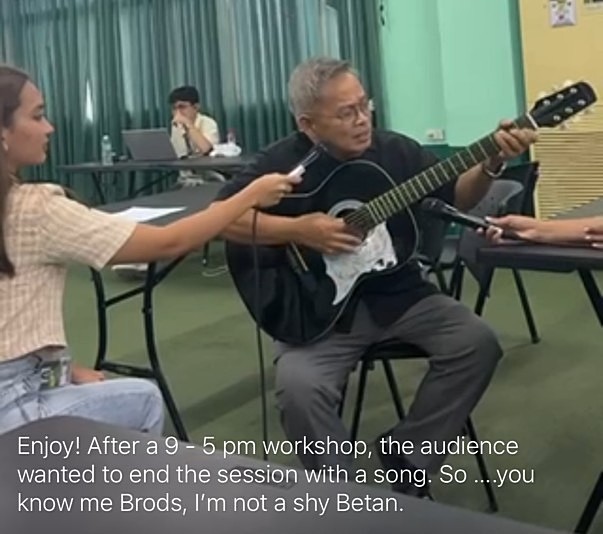
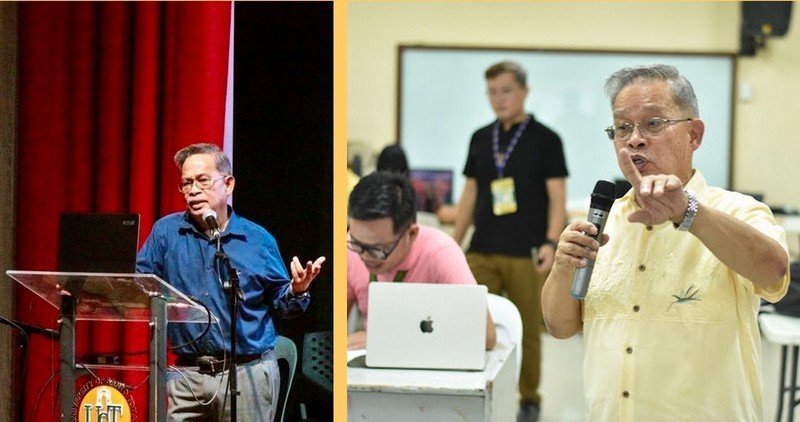
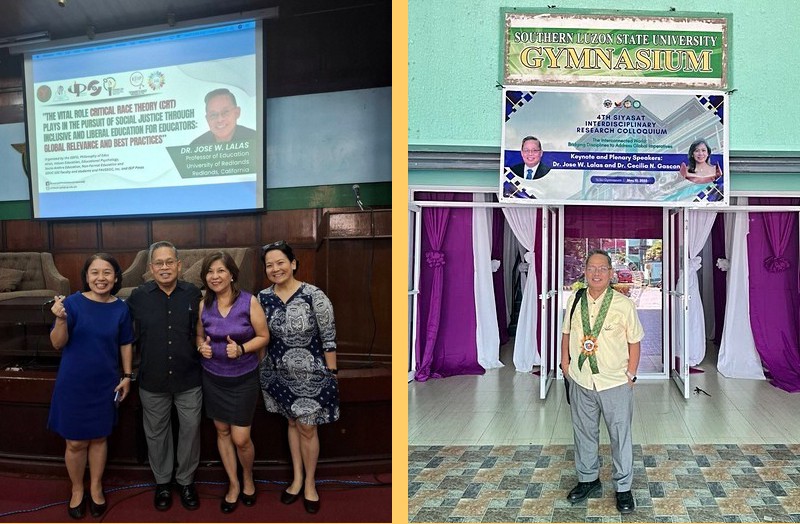
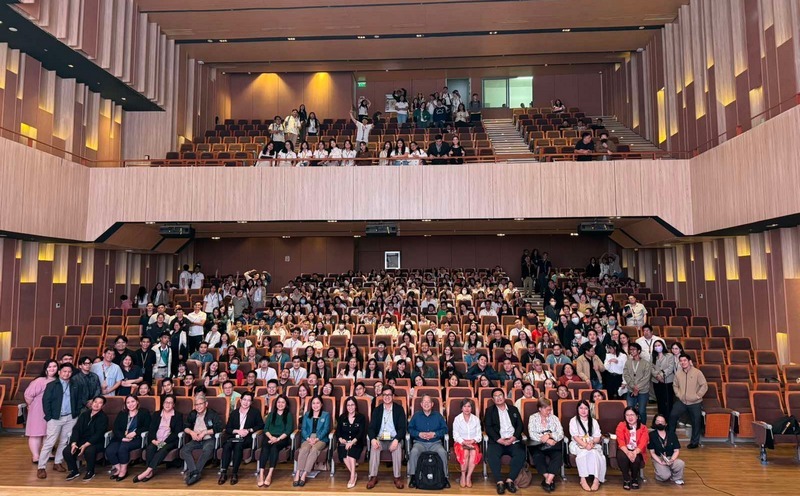
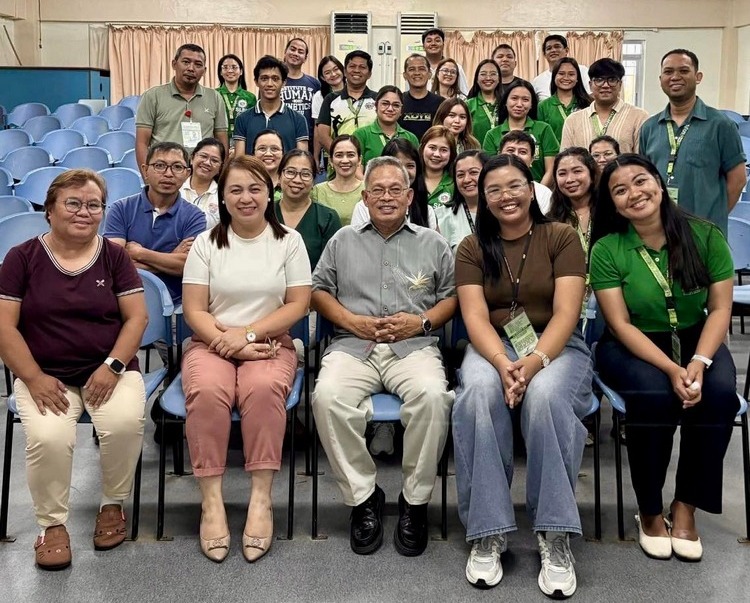
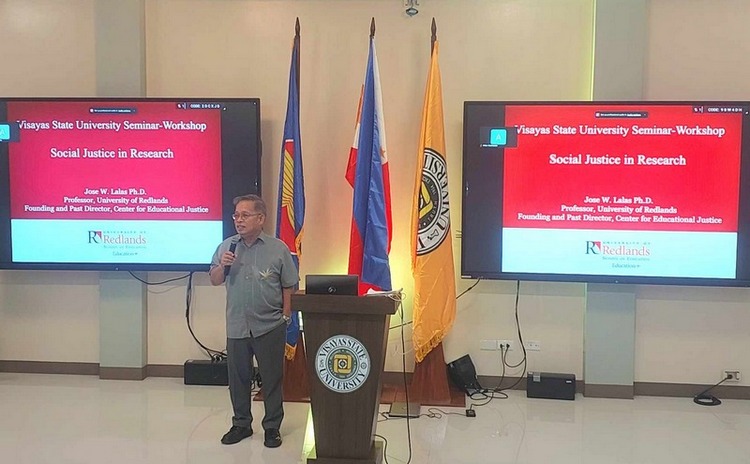
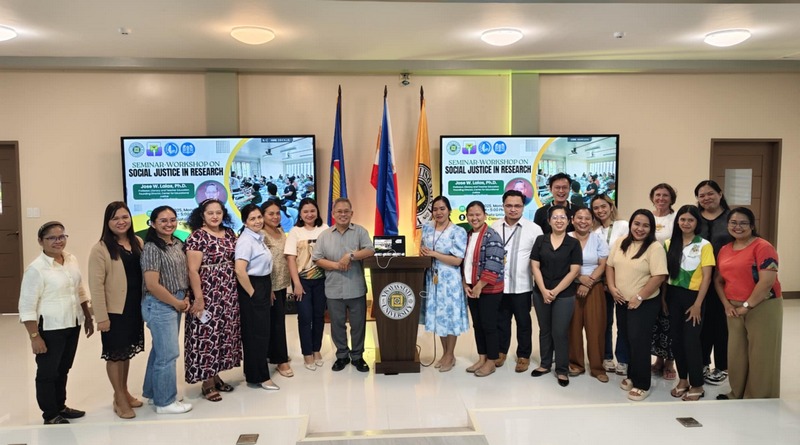
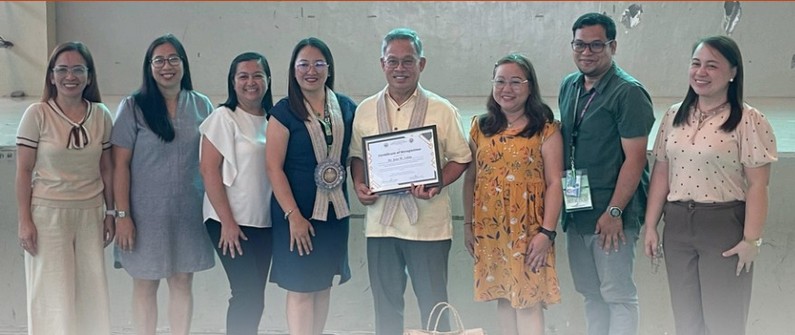
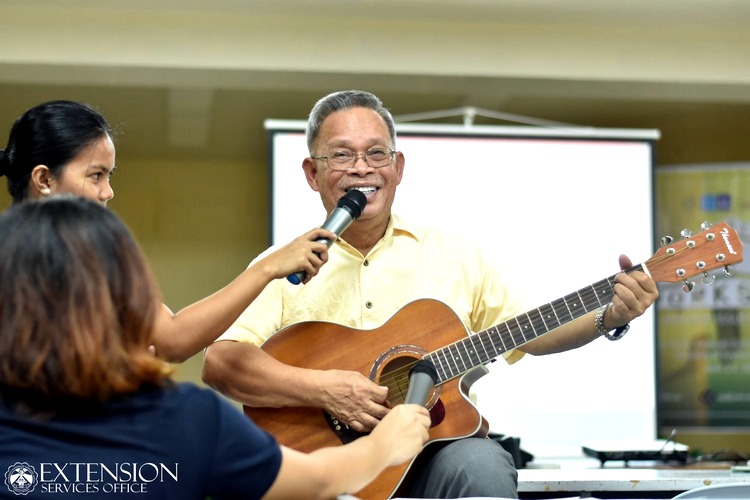
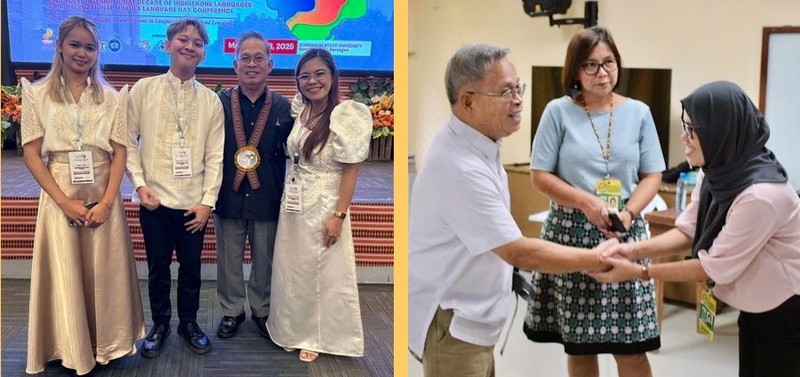
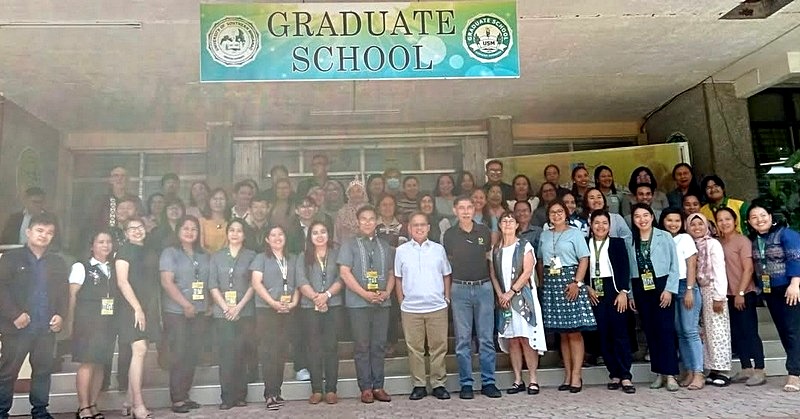
*Click:
4th Siyasat Interdisciplinary Research Colloqium
The Lalas Family
Jose earned his Ph.D. (Doctor of Philosophy) in Education with emphasis in Reading/Language Arts and specialization in bilingual or dual language education from the University of Washington. He obtained his master’s degree (M.Ed.)) and Education Specialist degree (Ed.S.) in Reading/Language Arts from Seattle Pacific University. Born and raised in the Philippines, Jose earned his Bachelor of Science from the University of the Philippines.
Jose has been married for 46 years to
his wife Linda, a retired Registered Nurse for a total of over 42 years, 30
years at Kaiser Permanente alone They have 4 grown-up children: Jonah, a UCLA
undergraduate and Berkeley Law School graduate, was a union organizer and is now
a labor lawyer; Jeremy, a UCLA undergraduate and Harvard master of education
graduate, is an elementary and middle school teacher in New York and
Mississippi; Joanna, a University of Redlands undergraduate and with New York
University’s master of arts in education degree, is an experienced U.S. History,
World History, and Government high school teacher in New York and now, director
of curriculum and instruction at a Charter School in New York; Jolene, a UC
Berkeley undergraduate with Columbia University master degree in public health
and doctor of education degree (Ed.D.) in health sciences, works as a research
coordinator in New York. Jose and Linda have 4 grandchildren: Ella, Elsie,
Oliver, and Tessa.
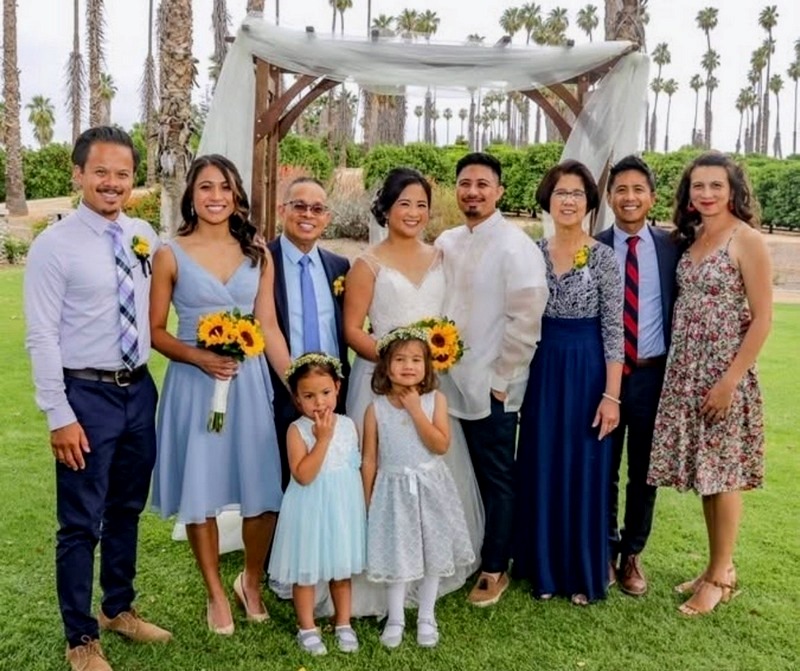
Left to right: Jeremy, Joanna, Joe, Jolene, Tony (son-in-law), Linda, Jonah, Christian (daughter-in law).
Two granddaughters in front, left to right: Elsie Jane Lalas, and Ella Jessie Lalas.
Not in photo: Oliver and Tessa, children of Jolene and Tony.
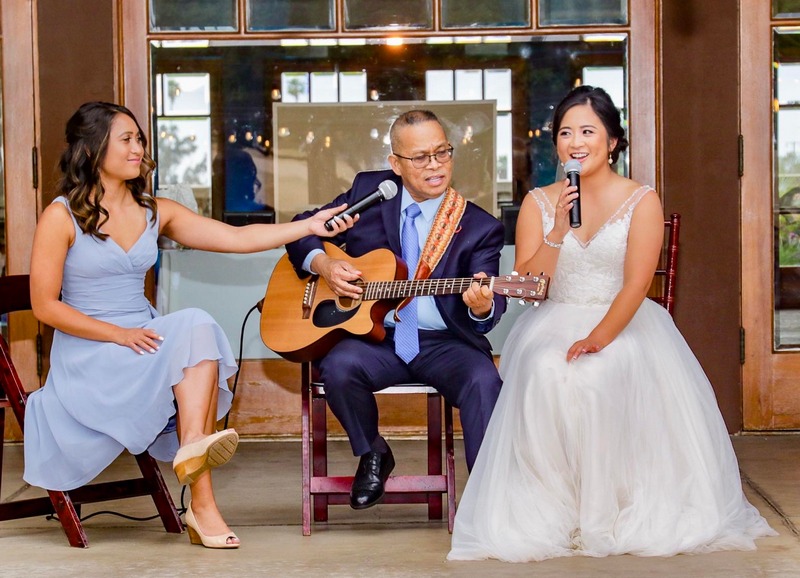
Singing: left to right - Joanna, Joe, and Jolene.